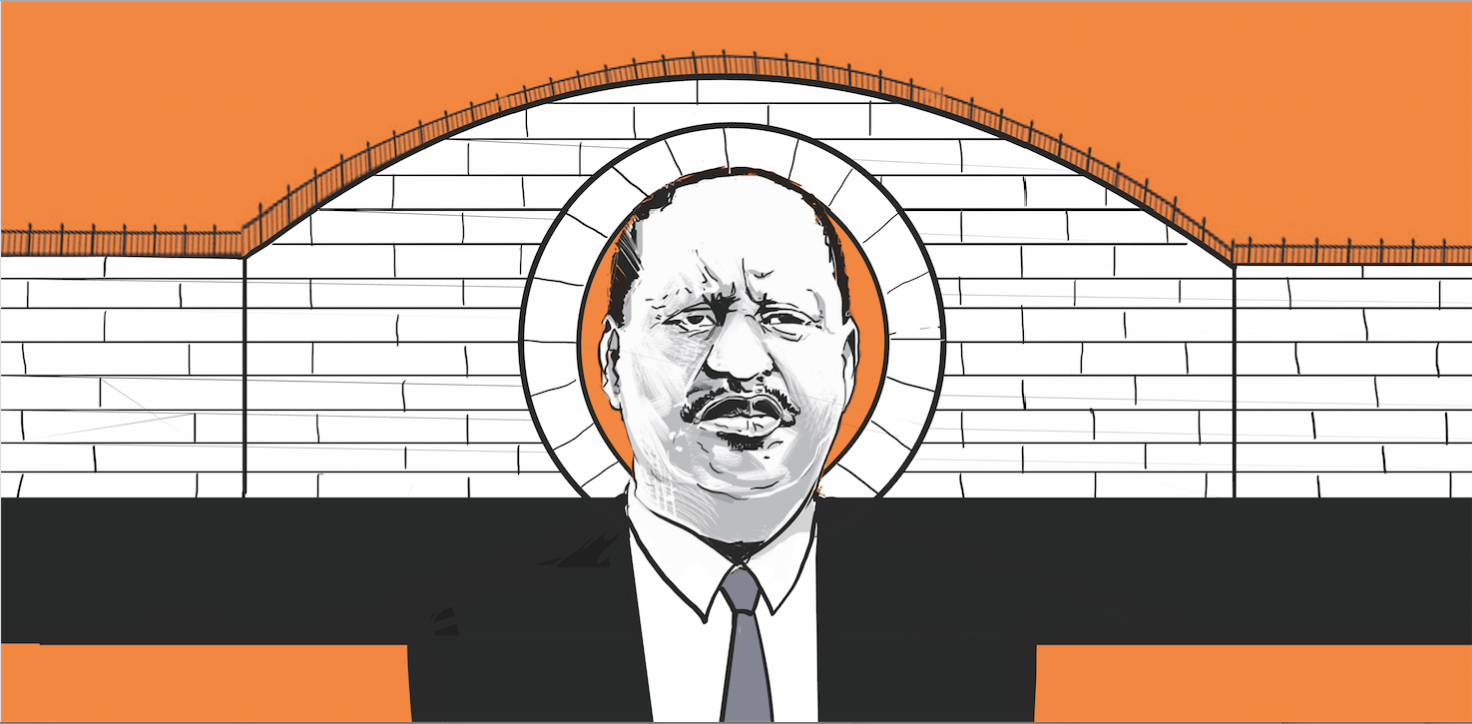

Raila Odinga remains one of the most consequential figures in Kenya’s post-independence political history. His enduring presence in national debates—whether on the streets or through diplomatic channels—has shaped the country’s democratic landscape.
As the 2027 general election approaches, Raila’s role has evolved beyond personal ambition. He now embodies national cohesion, generational transition and democratic continuity.
In an era of political uncertainty, Raila is not just a player—he is an institution capable of influencing the tone and direction of the next political phase.
Raila’s journey is inseparable from Kenya’s path to multiparty democracy. His detention in the 1980s, advocacy for the repeal of Section 2A and central role in the promulgation of the 2010 Constitution highlight his transformation from political victim to reform architect.
Though controversial, his 2001 decision to join Kanu underscored his strategic instinct, recognising that systemic change sometimes requires working from within.
This pragmatism defines his politics. From leading mass protests in 2007, 2013 and 2017 to participating in national dialogues, Raila has consistently prioritised democratic development over personal gain. His politics is not a mere quest for power—it’s a vision of how power can serve all Kenyans.
In 2024 and 2025, a wave of youth-led protests swept across the country, fueled by unemployment, inequality and police brutality. Raila’s intervention was measured yet vital. While affirming the right to protest, he called for peace. His voice was a plea for order amid chaos, protecting both life and the legitimacy of dissent.
His statesmanship was further validated in March 2025 when President Ruto appointed him Special Envoy to South Sudan.
Raila’s successful mediation between Salva Kiir and Riek Machar, and engagement with President Museveni, affirmed his regional diplomatic stature. These interventions were beyond partisanship—they were acts of national service.
In July 2025, Raila proposed the Intergenerational National Conclave, a bold attempt to steer Kenya’s political energy toward reform.
Focused on dialogue over division, the conclave aims to address deep-rooted issues such as youth unemployment, corruption, police impunity and exclusion.
This move recast Raila not as a protest leader, but as a reform statesman. His shift from resistance to policy received support from student leaders and civil society, broadening the base for this inclusive agenda. By anchoring the political conversation on consensus, Raila offered a platform that could very well become the conscience of the 2027 election.
Internally, Raila’s ODM party faces its tests. When Secretary General Edwin Sifuna declared the ODM-UDA pact “dead”, speculation about internal rifts mounted. Raila responded by defending Sifuna’s right to speak while steering the issue toward internal resolution, preserving ODM’s democratic spirit and unity.
He has since steered the party toward a National Delegates Convention in October 2025. Though he has not named a successor, his trust in institutional processes suggests a desire to guide rather than dictate the future. Figures like Gladys Wanga, Hassan Joho, Junet Mohamed and Sifuna are emerging as the next generation, a testament to Raila’s long-term investment in transition.
Will Raila run in 2027? He has not ruled it out. But his 2025 rhetoric leans more toward stewardship than candidacy. His statement that ODM will field candidates “from MCA to President” reads both as party affirmation and strategic ambiguity.
Three paths lie ahead: he could contest, endorse a successor, or fully embrace the elder statesman role, leading reforms and dialogue from outside the ballot. All these options resonate with the legacy of statesmanship he now carries.
Raila Odinga represents the continuity of democratic purpose. In a political culture often driven by tribalism and short-termism, he has championed unity and constitutionalism. Amid a youth-driven demand for new thinking, he has extended a hand in dialogue, not division.
Kenya’s democratic future will be shaped by many, but its foundation bears Raila’s fingerprints. Whether as candidate, kingmaker or elder statesman, his presence in 2027 will be far from symbolic—it will be strategic and consequential.
Strategic communication advisor, political commentator, and expert in leadership and governance








.jpg&w=3840&q=100)



